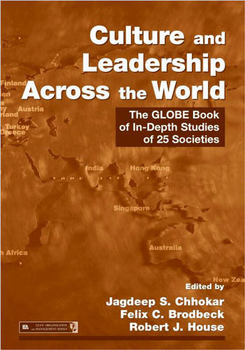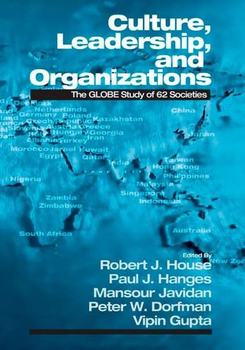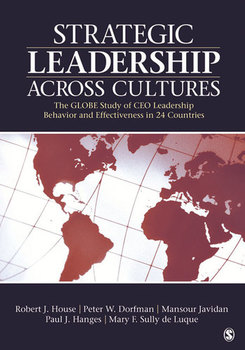Middle East
Egypt, Kuwait, Morocco, Qatar, Turkey
The GLOBE Middle East cluster is comprised of the countries of Qatar, Egypt, Morocco, Turkey, and Kuwait. The societies belonging to this cluster reflect high scores of the societal cultural practices on the dimensions of In-Group Collectivism and Power Distance, or the degree to which the community accepts and endorses authority, power differentials, status privileges, and social inequality. The Middle East societies are highly group and family-oriented indicating that individuals who belong to these societies take pride and loyalties in their families and organizations. Power is not expected to be distributed equally and is seen as providing social order and stability. The Performance Orientation Scores are lower than average. This cluster is also low on dimension of Future Orientation and particularly low on Gender Egalitarianism. They are higher than the average on Humane Orientation and lower than average on Uncertainty Avoidance. Other culture dimensions including Assertiveness and Institutional Collectivism are rated in the mid-range. Overall, these societies are not particularly performance oriented, but are family oriented with unequal distribution of power. Gender inequality is the norm.
The Middle East cluster's societal values (what society believes should be) on the other hand, are considerably different than its cultural practices. Specifically, all societies in the Middle East cluster desire to be much more Future and Performance-Oriented, but interestingly, also desire to have more Uncertainty Avoidance (i.e., relying on social norms, rules and procedures to alleviate unpredictability). While they also desire to have lower levels of Power Distance, this cluster’s values score is the highest of all clusters. They seek roughly the same levels, or slightly more Gender Egalitarianism, but this cluster scores the lowest in this dimension. These countries wish to be slightly less assertive but wish to maintain the same high level of In-Group Collectivism. There is also a desire to increase Institutional Collectivism indicating a willingness to increase the collective distribution of resources and rewards. Overall, the essential features of the Middle East cluster encompass societal practices that embody a strong attachment to the family and other closely-knit groups (e.g., neighborhood, village, and school friends). They are characterized by an unequal distribution of power and significant gender differences with male domination characterizing both societal practices and values.
Although leadership dimensions viewed as contributing to outstanding leadership include Charismatic and Team-Oriented Leadership, these dimensions have the lowest scores and ranks relative to those for all other clusters. The Charismatic attributes that are somewhat endorsed include a realistic vision, high performance orientation, integrity, and decisiveness. These societies also value team-oriented leaders whose characteristics include developing outstanding teams and using their administrative and interpersonal skills to create cohesive working groups. While Participative Leadership is somewhat valued, it is the lowest of all clusters. Humane-Oriented Leadership is viewed positively but only about equally to other cluster scores. While the Autonomous score is lower than average, the Self-Protective dimension has the second highest score and rank of all clusters. These leadership scores show that overall, the Middle East leadership profile is unique among the 10 clusters. Supplemental research has provided an explanation as additional leadership dimensions such as familial, humble, and faithful represent the pervasive influence of the Islamic religion in understanding the Arab world.
Culture Visualization
Leadership Visualization
GLOBE Books
The GLOBE books represent results from a twenty-year research program investigating the influence of culture on societal and organizational effectiveness. Our latest book showcases our examination of strategic leadership effectiveness for top-level management based on data from more than 1,000 CEOs and over 6,000 top-level managers in 24 countries.
View



